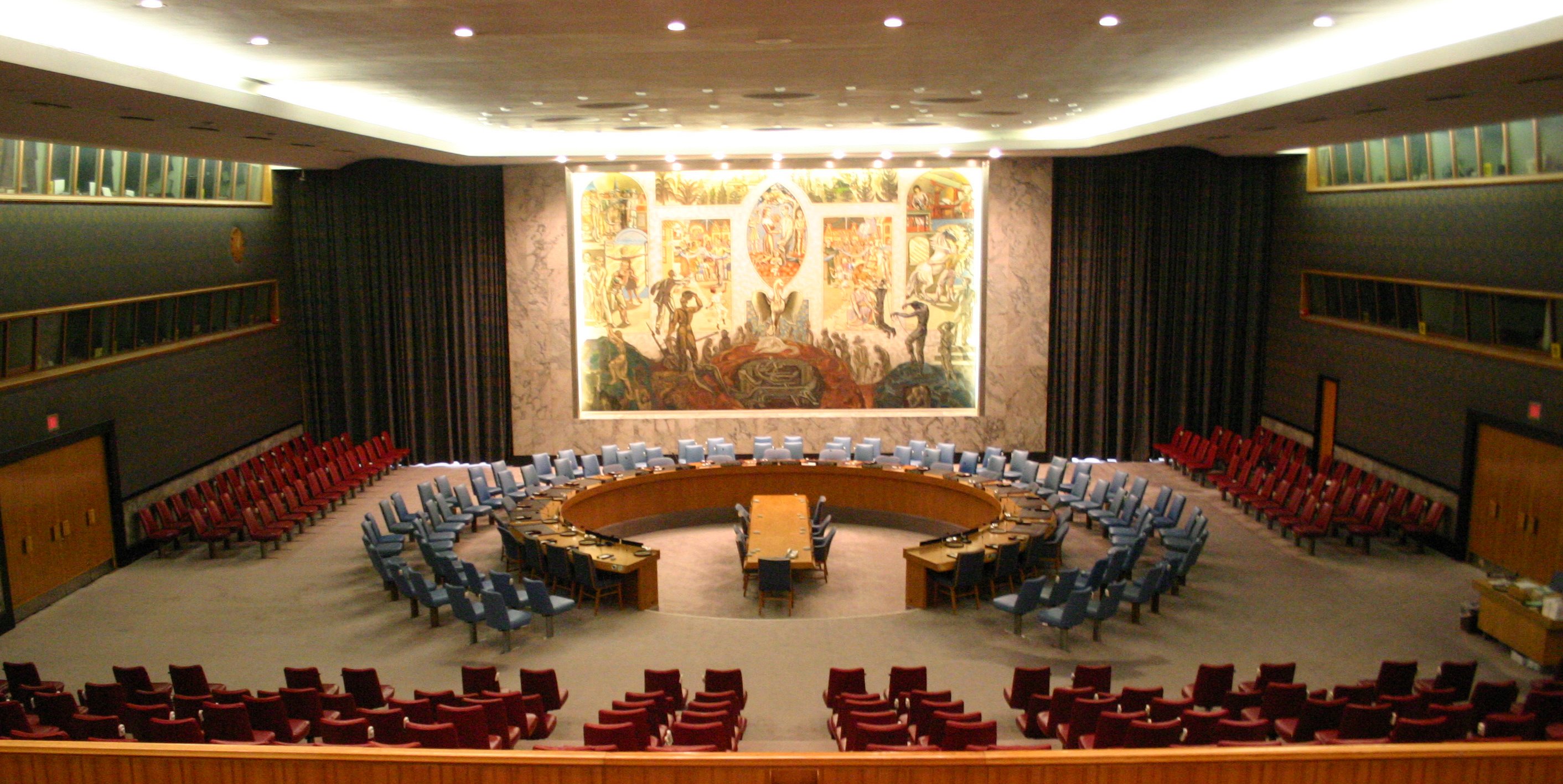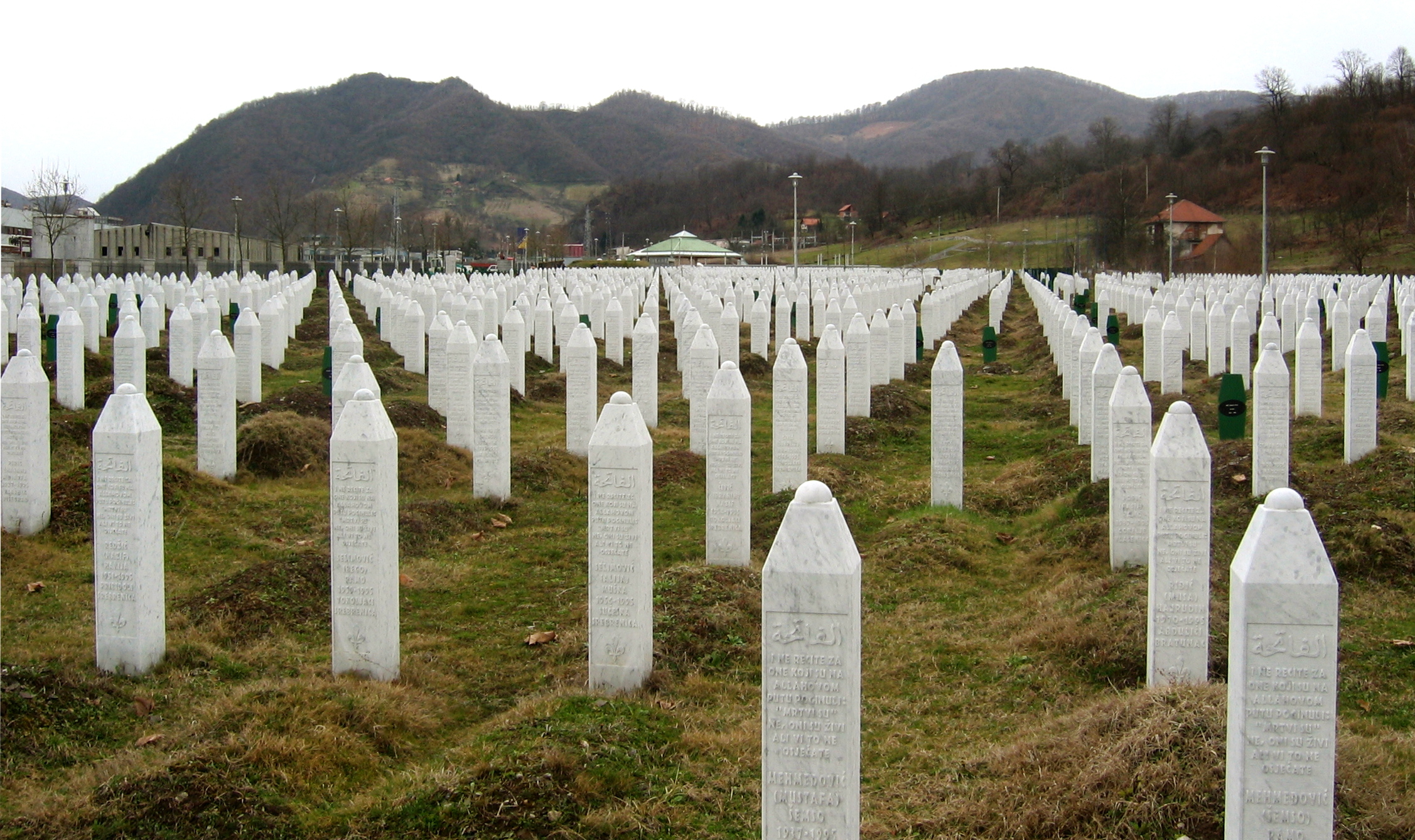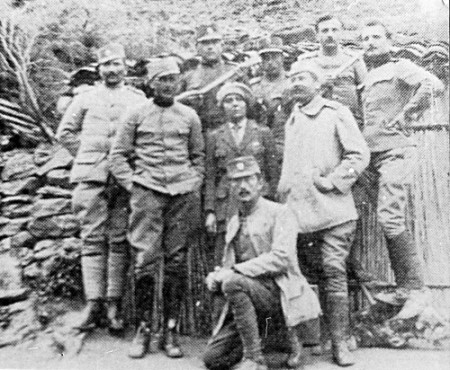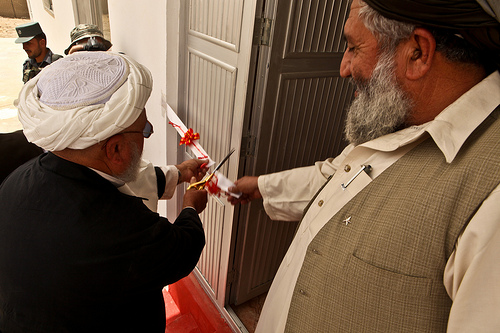
Transnational crime has emerged in recent years as an important security issue on the international agenda, presenting considerable challenges to policymakers, researchers and agents combating these crimes. Governmental and academic actors have focused their discussions on the answer to the question “what is transnational crime?” with the belief that a more accurate and objective definition of the phenomenon would have a more effective impact. So, like many other categories of social sciences, defining “transnational crime” has become a constant challenge.
The UN, in 2000, through the Convention against Transnational Organized Crime, tried to find an institutional response to this dilemma to solve the obstacle posed by the difficulty of a common definition across countries. It meticulously detailed every aspect of the category: “crime”, “organized”, “transnational” and its derivations or complements, such as “structured group”, “property”, “serious crimes”, “confiscation” among many others. This multilateral instrument proposed building an accepted homogeneous and global category for identifying and combating cross-border crime. From this first step of international recognition of a common threat, there should have followed an introjection of the parameters elaborated by the Convention in national laws and practices of law enforcement in each of the State parties.




